Three men from Washington, D.C. have been sentenced to federal prison for their roles in a large-scale drug trafficking operation that impacted the Trinidad neighborhood in Northeast D.C. The announcement came from the U.S. Attorney’s Office, revealing that the criminal enterprise moved substantial quantities of narcotics—including fentanyl, fentanyl analogues, and cocaine base—within the community.
Lengthy Sentences for Key Players
Davon Cunningham, 35, also known as “Tank” or “Kevin,” received the harshest penalty—126 months (10.5 years) in prison. His criminal conduct included multiple narcotics sales to undercover officers and the sale of a firearm. Roosevelt Richardson, 49, was sentenced to 66 months (5.5 years) after law enforcement linked him to a series of fentanyl sales and seized weapons. Arnez Mack, the youngest of the trio at 22, received a sentence of one year and one day after admitting to his role and being caught in possession of drugs and a firearm.
U.S. District Court Judge James E. Boasberg presided over the case and imposed supervised release periods for each defendant following their incarceration.
Operation Focused on Raum Street
According to court documents, the trafficking activity was concentrated around the 1100 block of Raum Street, NE, a residential area within the Trinidad neighborhood. Investigators noted that nearly daily hand-to-hand drug transactions took place in and around this location. Law enforcement observed these consistent dealings as part of a long-running surveillance and undercover operation.
The trio was reportedly part of a network responsible for distributing approximately 468 kilograms of dangerous narcotics, including potent and often lethal substances like fentanyl and its analogues.
Undercover Sales and Firearms
Cunningham’s involvement ran from October 2023 to February 2024, during which he directly sold significant quantities of narcotics to undercover law enforcement, including a 520-gram sale of fentanyl. In addition to drugs, he also sold a firearm—a serious escalation in the eyes of prosecutors.
Richardson, on the other hand, was involved in ten separate narcotics transactions with undercover agents during the same period. DNA evidence linked him to weapons discovered at a stash house, strengthening the case against him. His criminal history and possession of firearms were cited as aggravating factors during sentencing.
Mack, despite being the youngest of the three, was no minor participant. Authorities found him with cocaine base and a loaded .45 caliber Glock pistol during a police encounter. He later admitted to his role in the operation, a decision that likely contributed to his comparatively shorter sentence.
Law Enforcement Collaboration
The success of the investigation and subsequent prosecution was the result of coordinated efforts across multiple federal and local law enforcement agencies. These included:
-
Drug Enforcement Administration (DEA) Washington Division
-
Metropolitan Police Department’s Narcotics Enforcement Unit
-
FBI Washington Field Office’s Violent Crimes Task Force
The investigation was part of the Organized Crime Drug Enforcement Task Forces (OCDETF) initiative—a nationwide strategy aimed at dismantling and disrupting high-level drug trafficking and organized crime operations.
Prosecution and Legal Team
Assistant U.S. Attorneys Nihar Mohanty and Daniel Seidel led the prosecution for the U.S. Attorney’s Office, with support from Christina Taylor and Gaelin Bernstein, Trial Attorneys with the Criminal Division. Their collaboration ensured that the case was prosecuted swiftly and effectively, resulting in the sentencing of all involved individuals.
A Message to the Community
Federal officials emphasized that this case reflects the government’s commitment to combating the opioid epidemic and violent crime in urban communities. The removal of these individuals from the streets of Washington, D.C., they said, sends a strong message to other would-be traffickers and offers some relief to residents affected by the scourge of narcotics.
The sentencing of Cunningham, Richardson, and Mack marks a critical win in the ongoing fight against drug trafficking and organized crime in the nation’s capital.

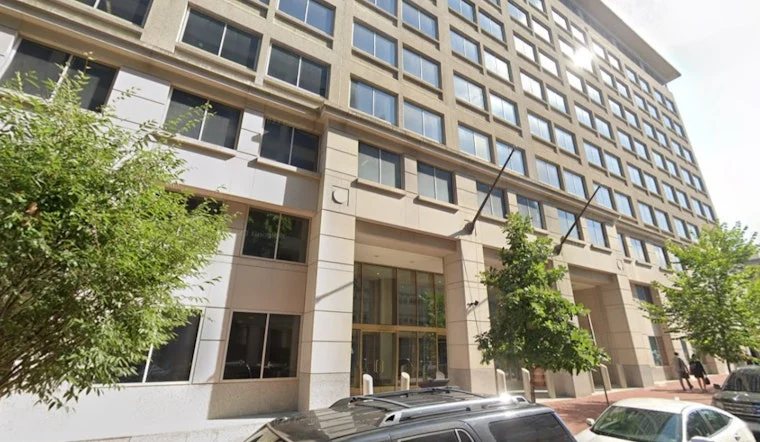
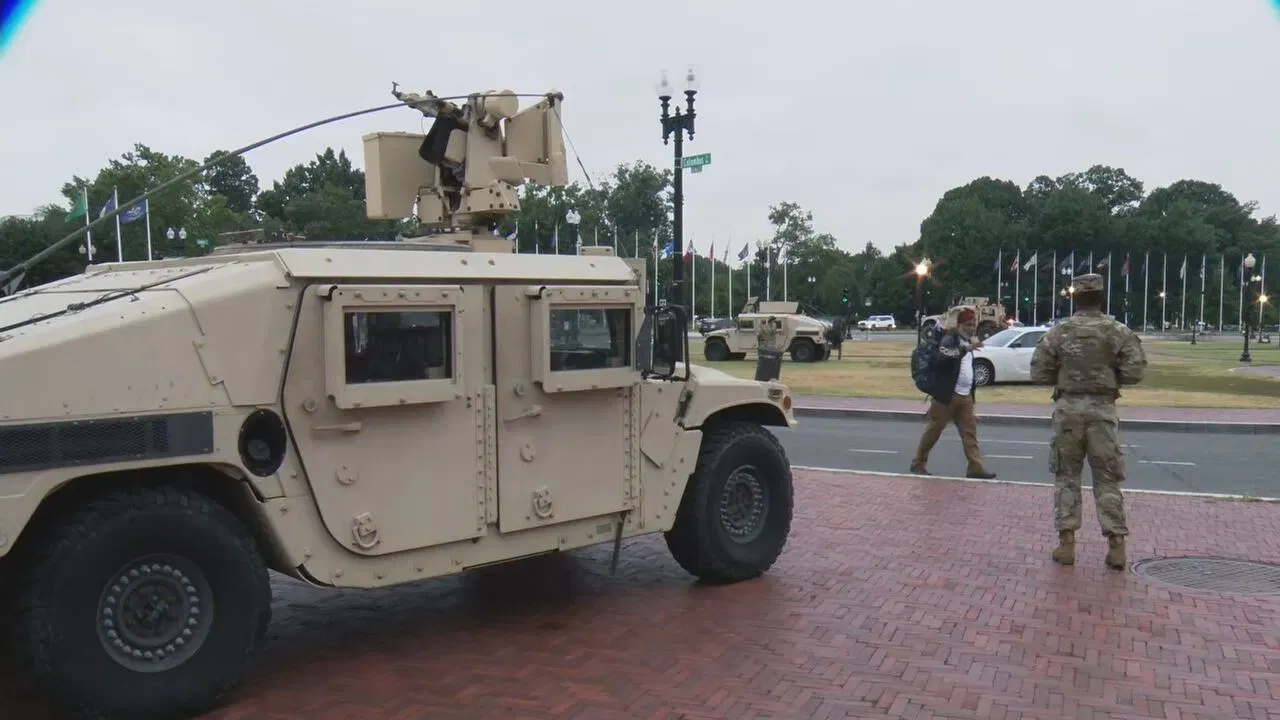
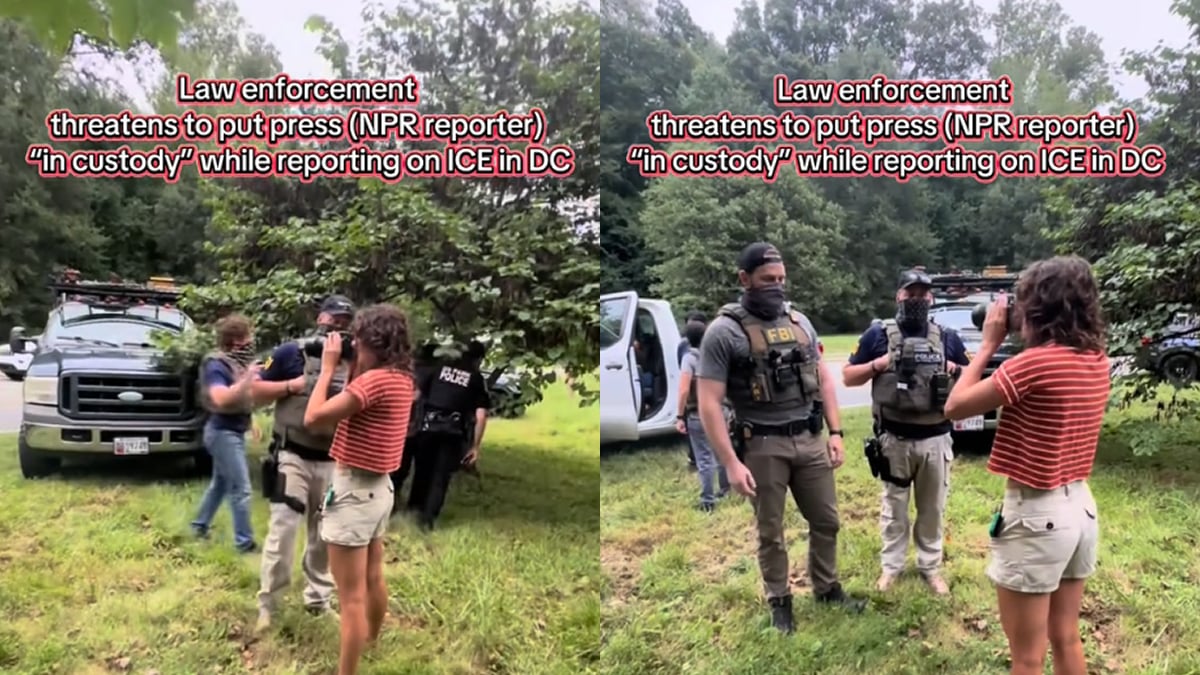


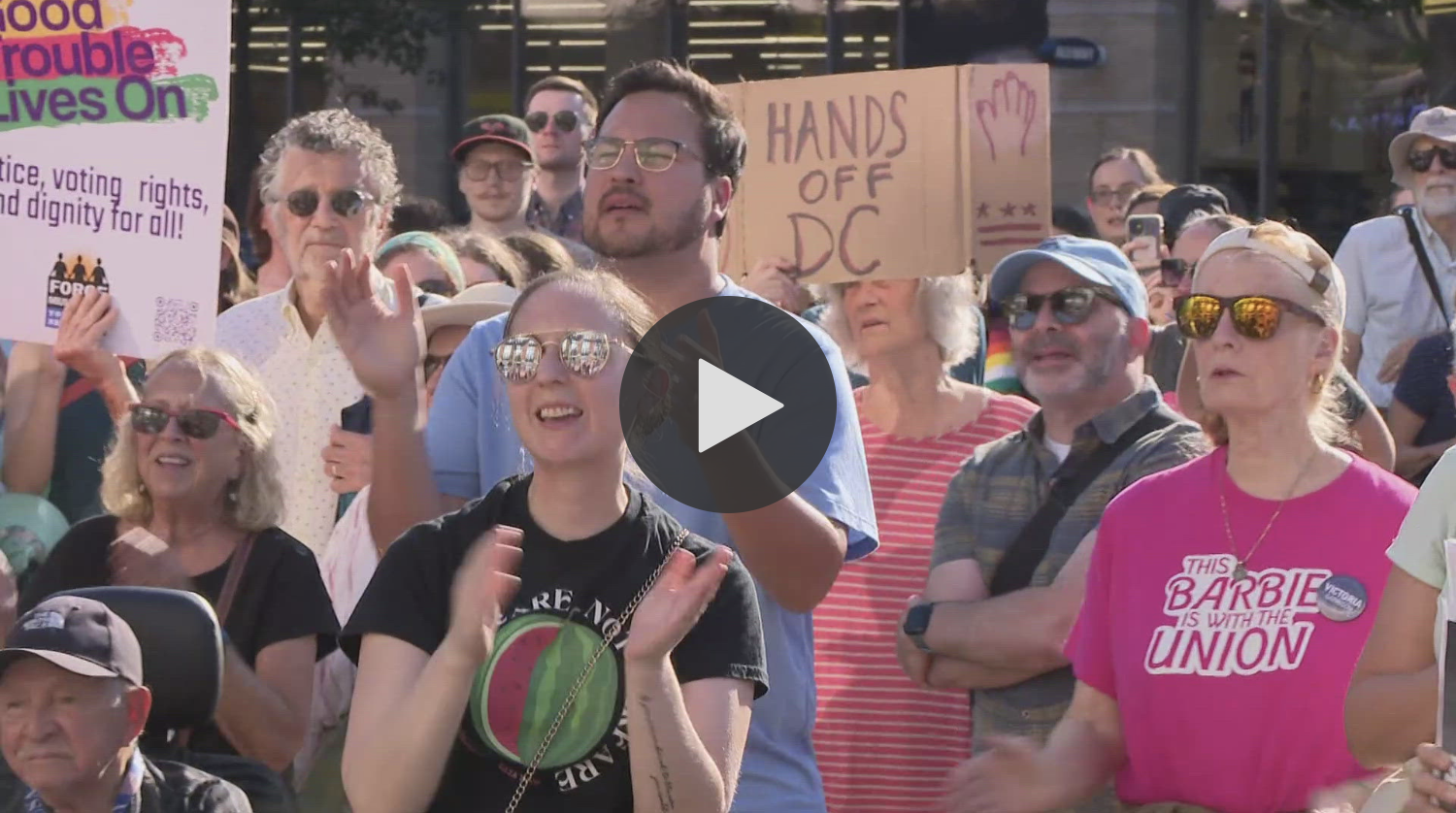
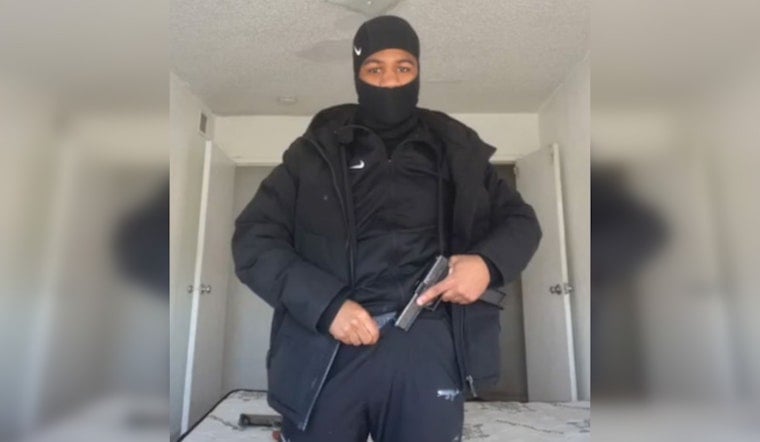
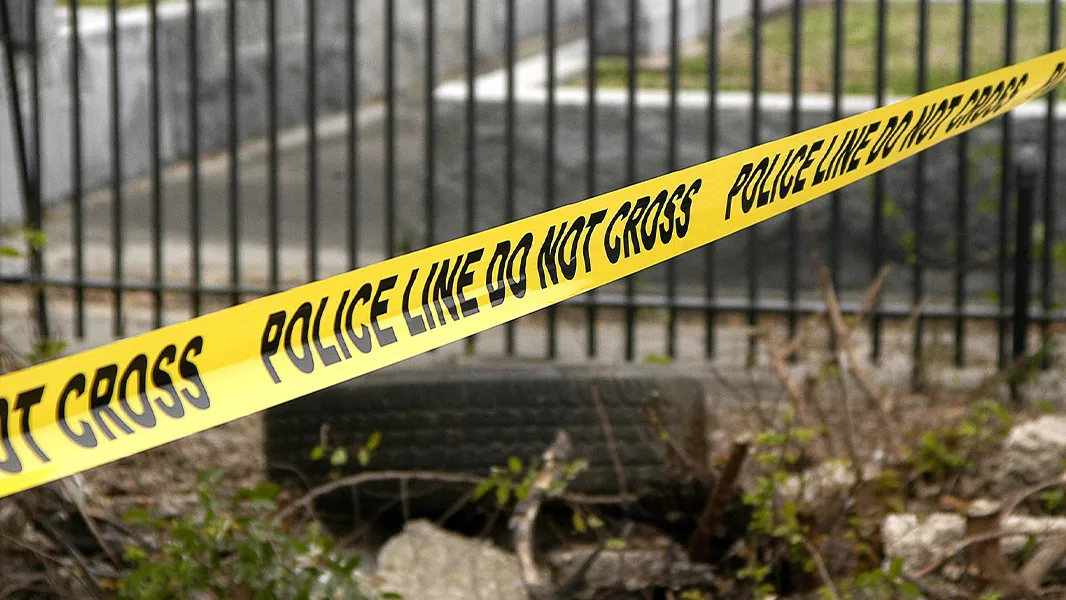
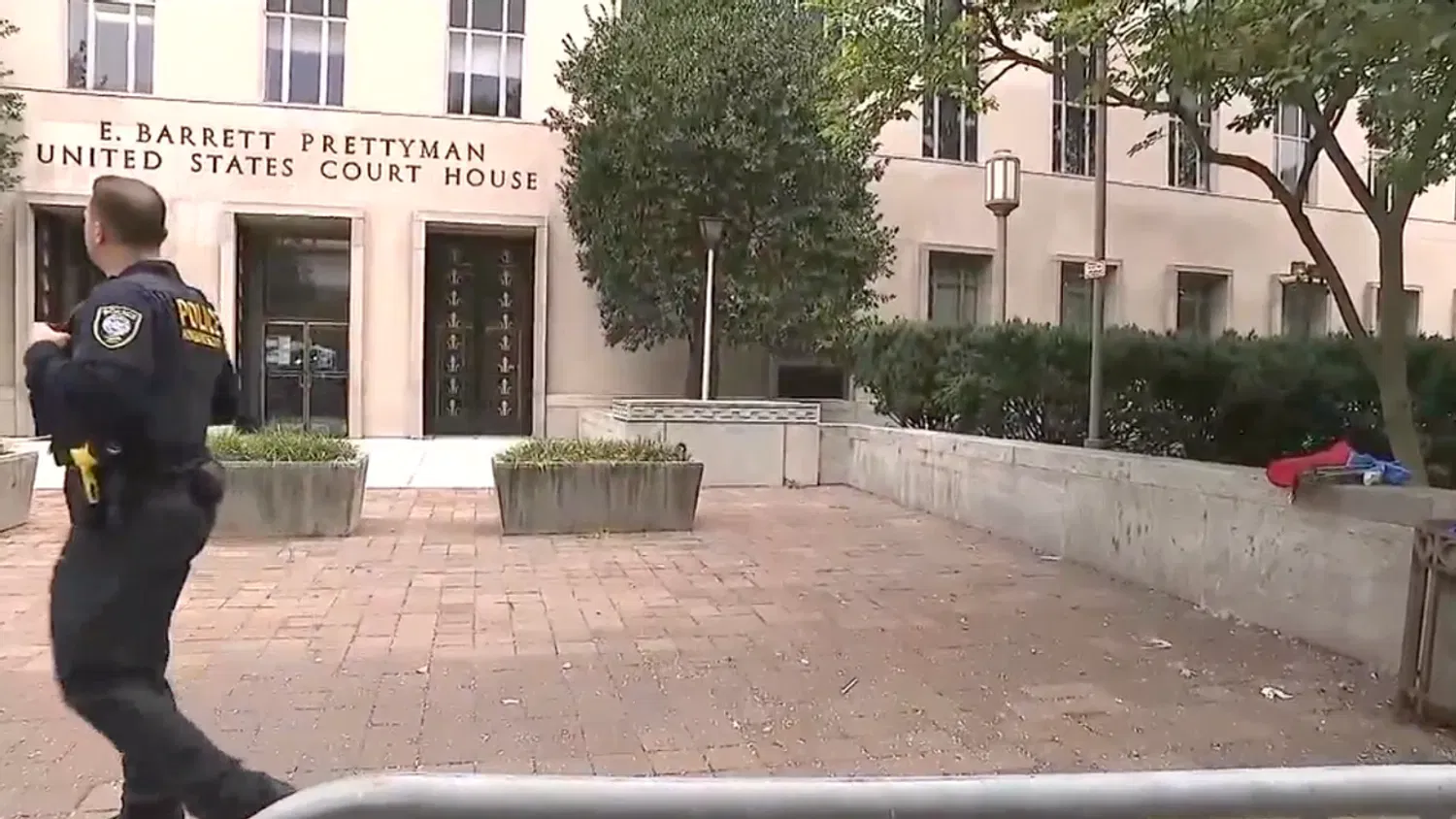
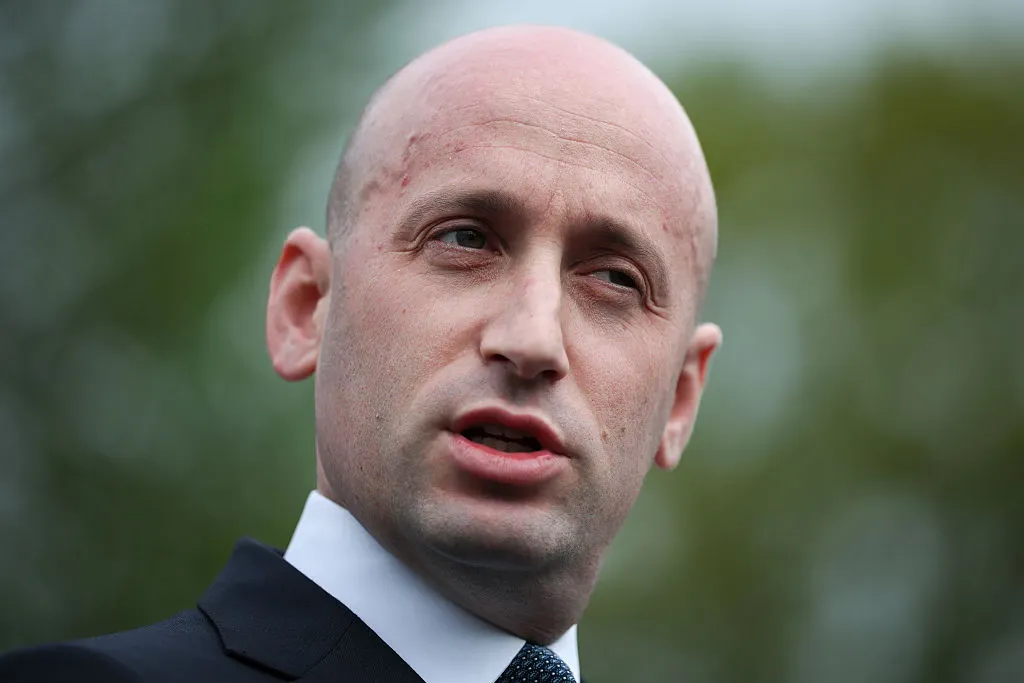
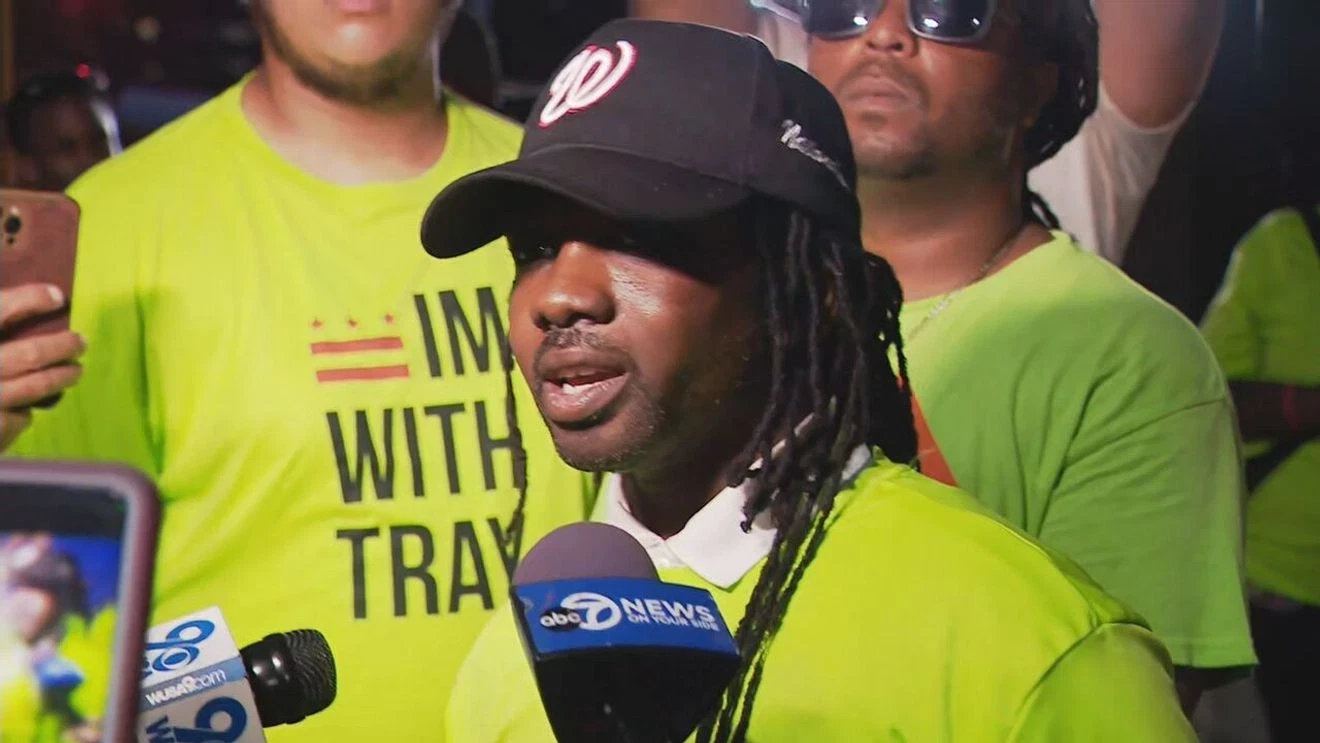
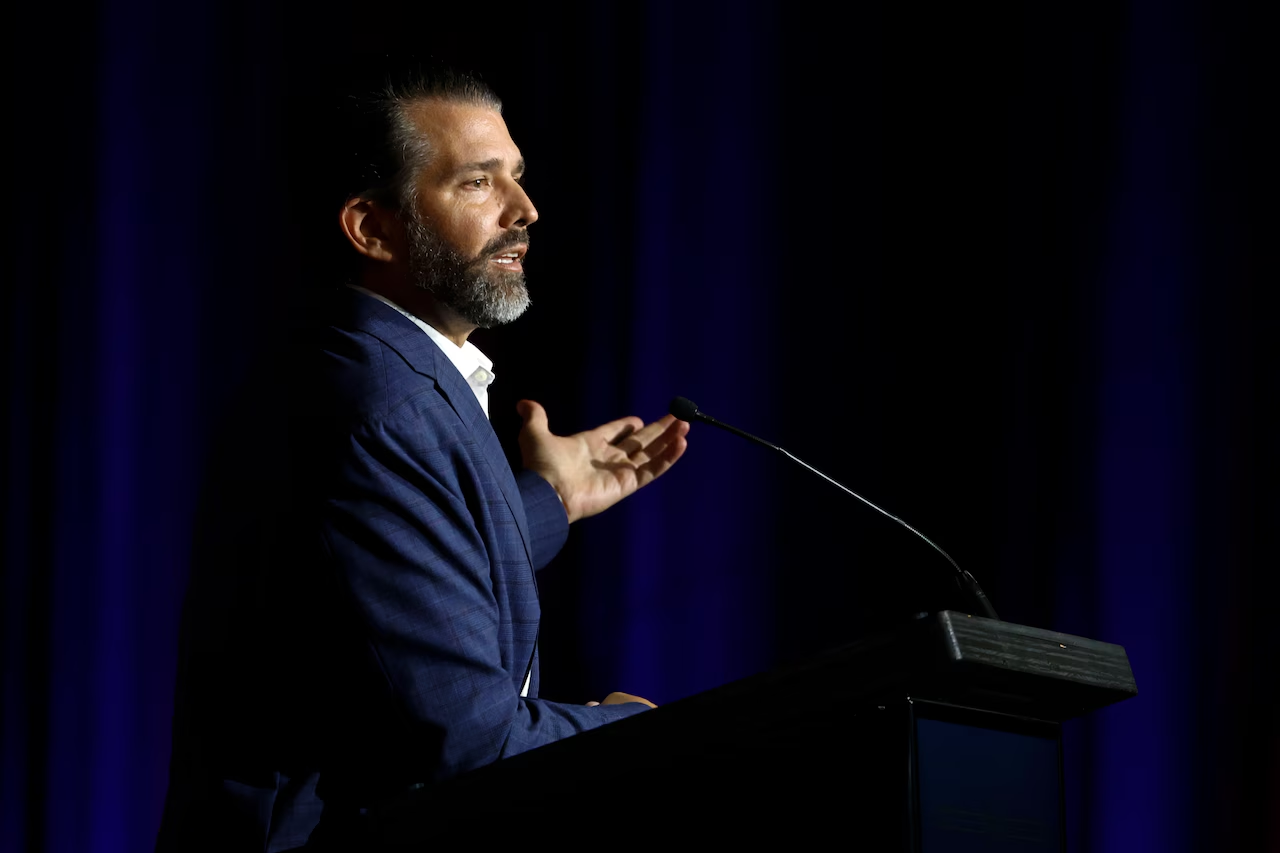
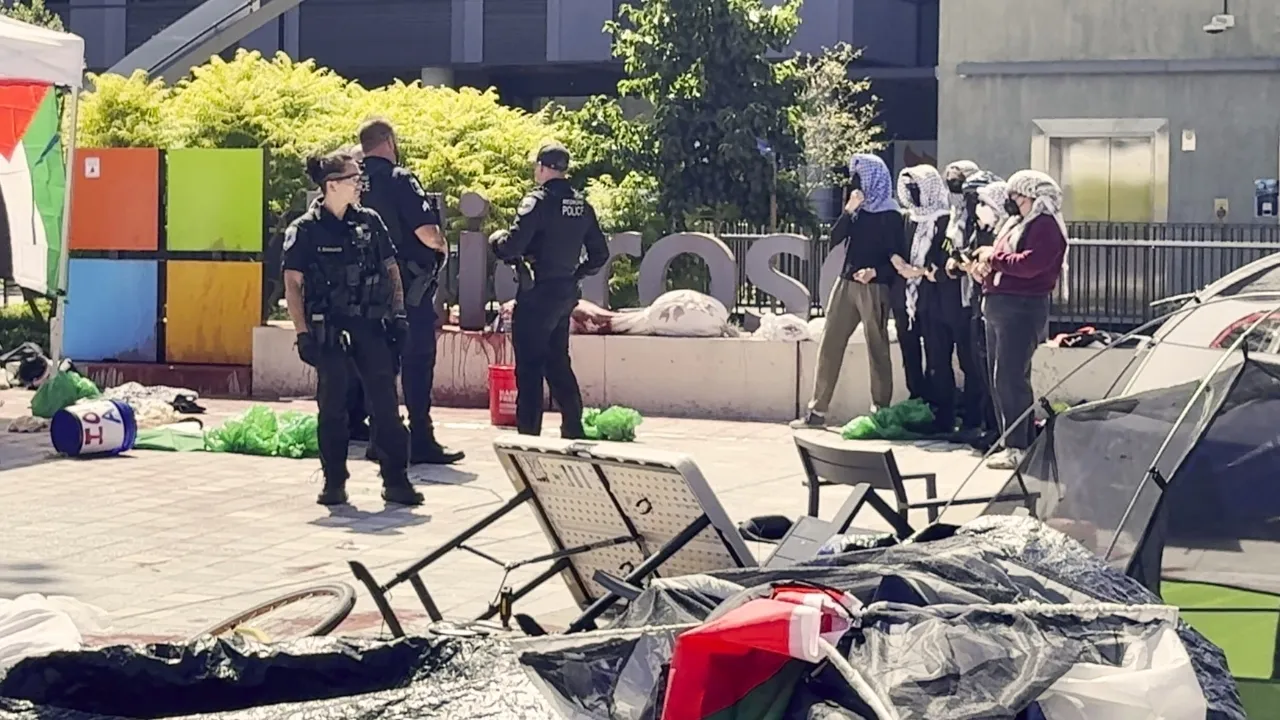
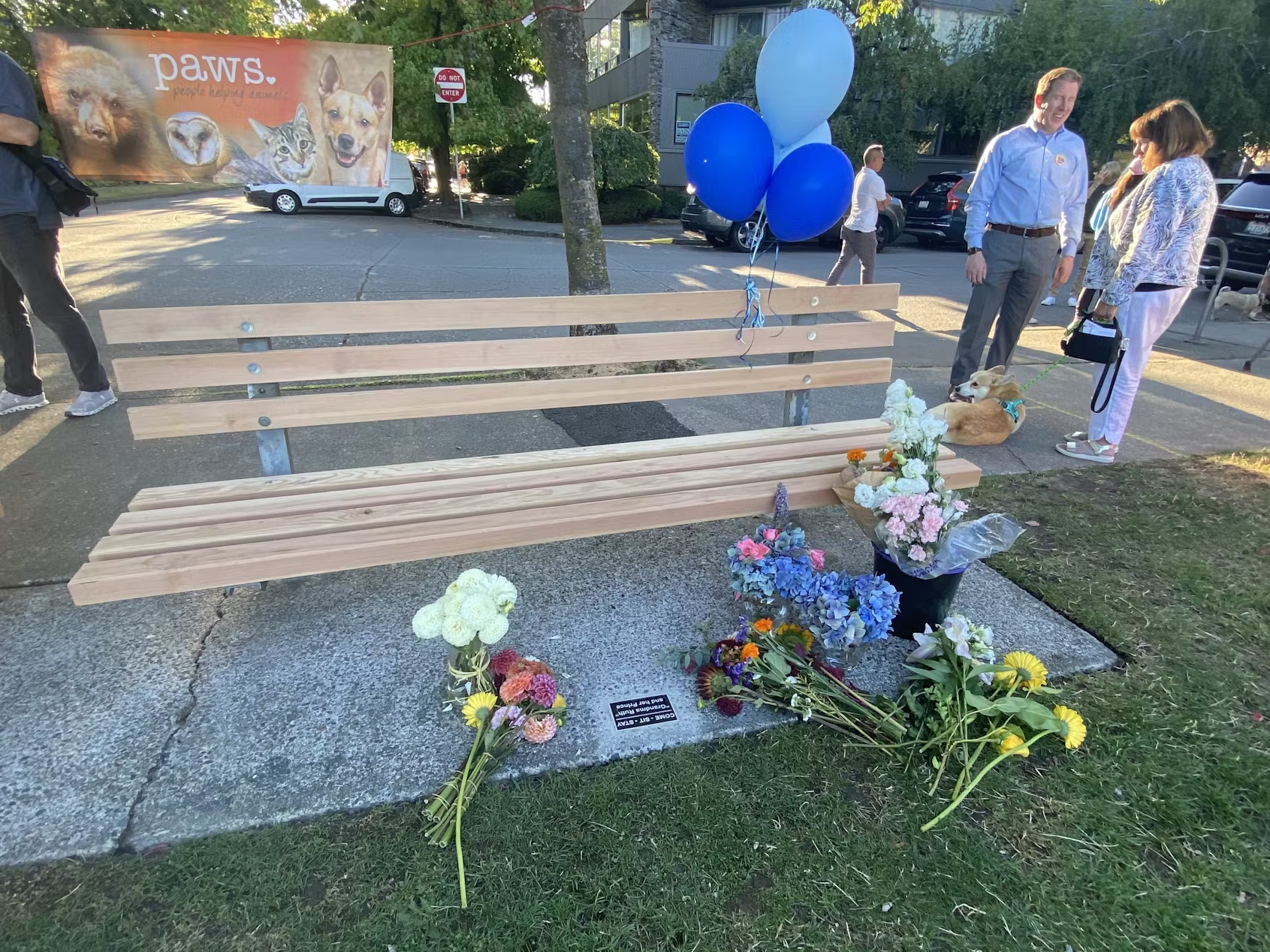
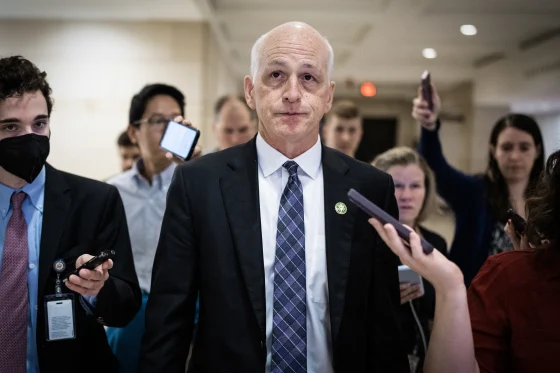
Leave a Reply